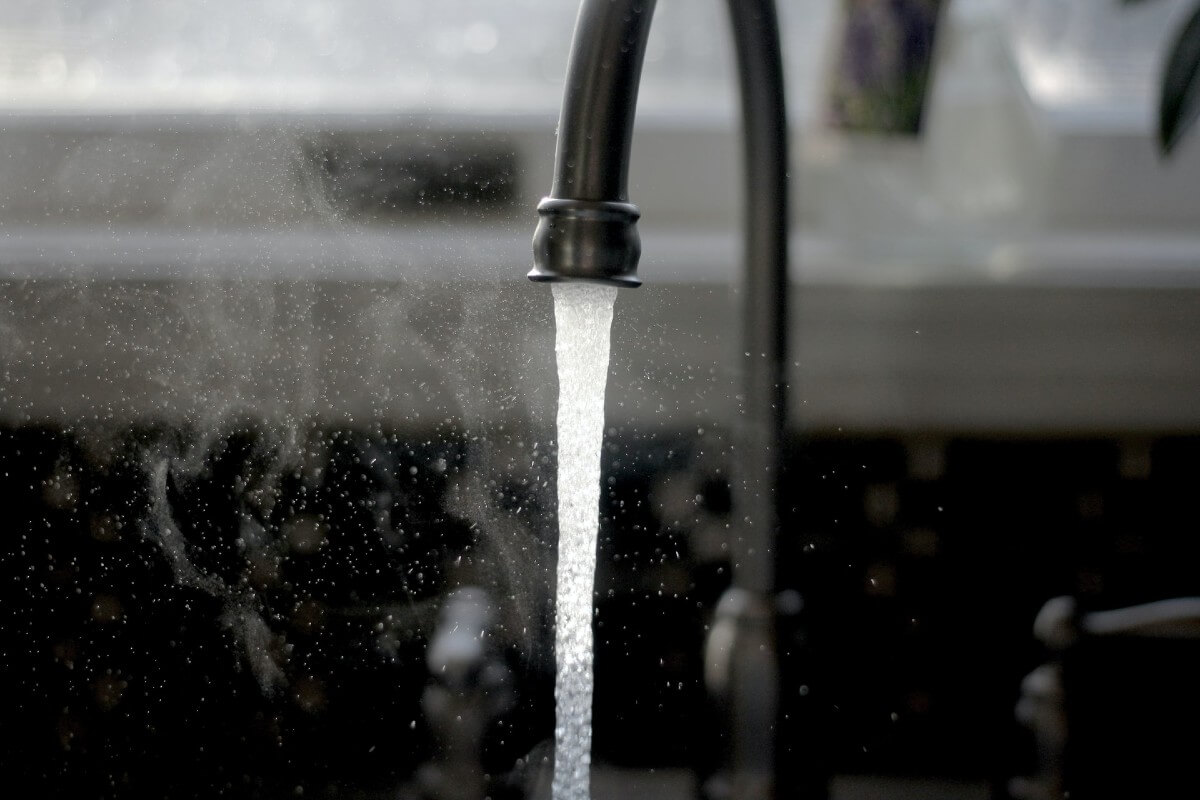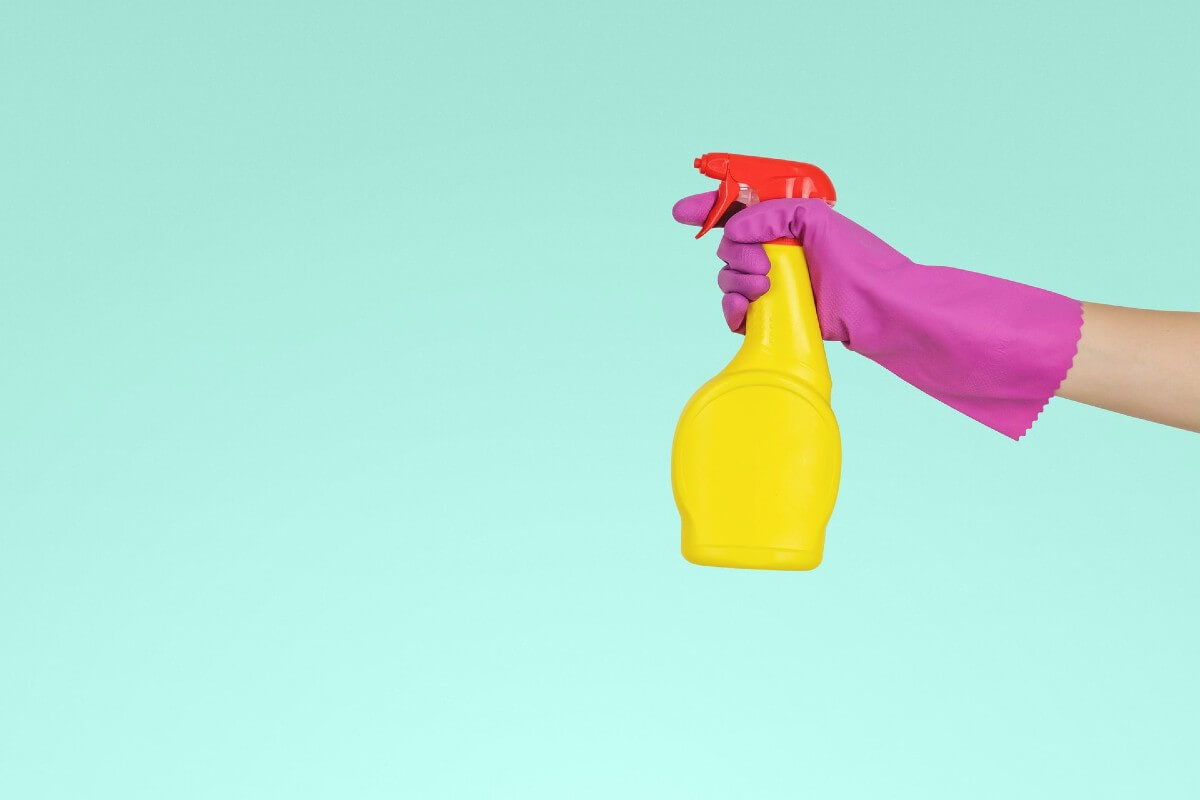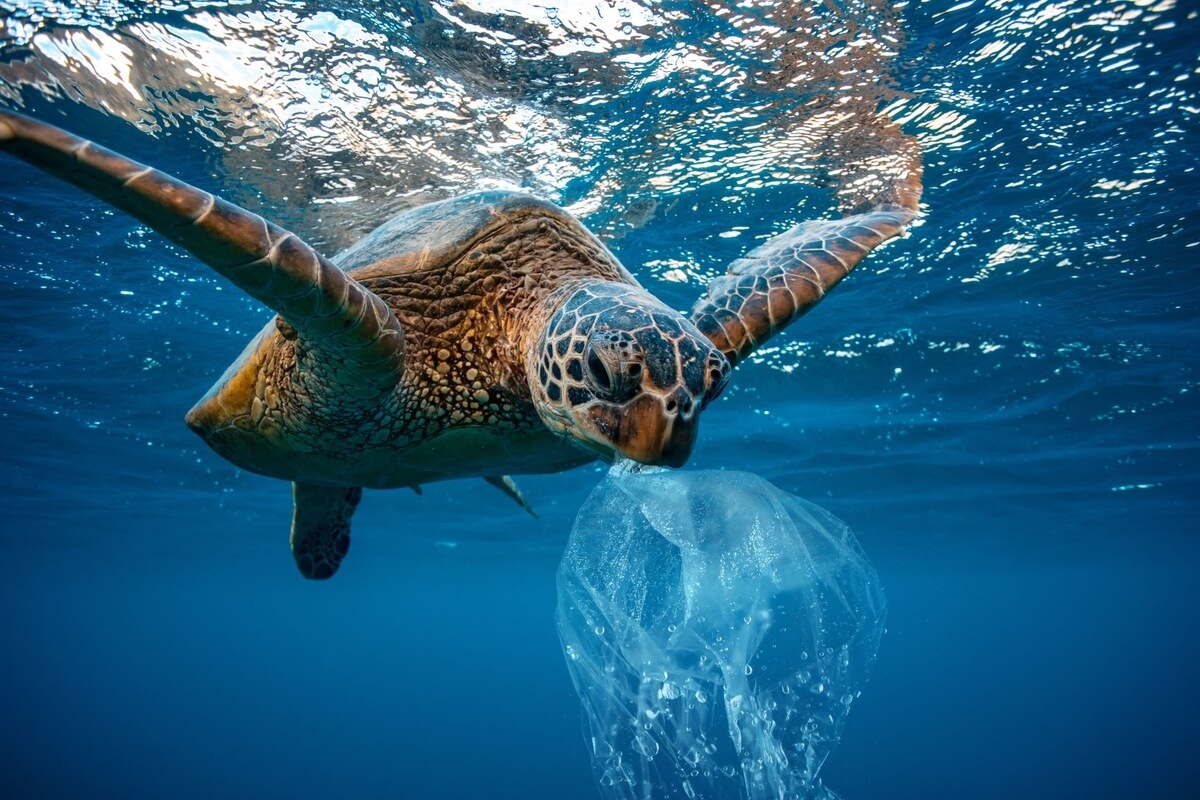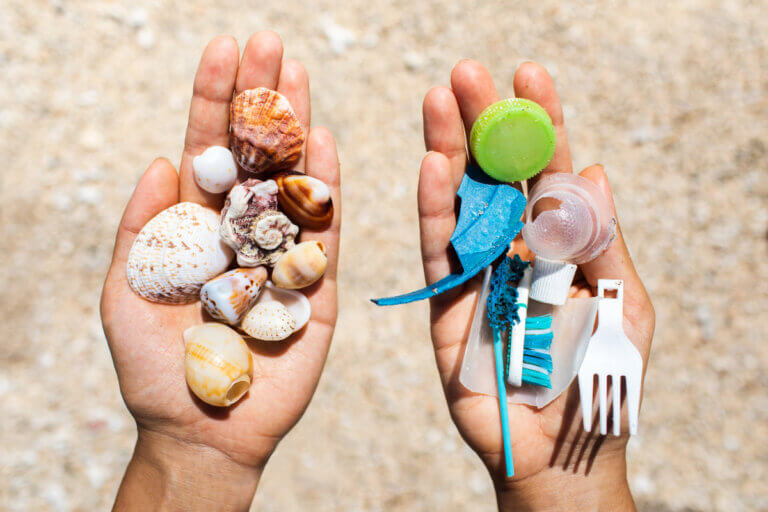Jump Ahead
The earth’s surface is 71 per cent water, and 96.5 per cent of this water exists in the form of oceans. It goes without saying that our oceans are an essential component of the earth’s ecosystem and need to be protected to ensure a sustainable future.
However, due to the effects of climate change around the globe and human activities like hunting, overfishing and pollution, the oceans and the creatures that live in them are in danger. Although it may seem like minimizing human impact on the environment is an insurmountable task, if there’s anything we’ve learned about humanity over the past year, it’s that we’re stronger and more resilient than we may have thought. Together, we can make a difference to help the environment and save the oceans.
So, What Can You Do to Help Save the Oceans? Here are 5 Simple Ways to Get Started:
1. Don’t Waste Water
Remember being told not to let the water run while brushing your teeth? Turns out, there’s value in that advice. Being more mindful of your water usage and cutting back on how much you use during the day can add up overtime. Simple, small steps taken by all of us will reduce the energy needed to treat and heat water — and the wastewater that ends up in the ocean. There’s lots you can add to your daily life, like only running full loads of laundry, taking shorter showers and skipping the pre-rinse when you load the dishwasher. As a bonus, all these small changes will cut energy costs and save you money on your utility bills.

2. Cut Down on Chemicals
You can easily reduce the amount of toxic chemicals you use around the house by opting for all-natural cleaning products. By switching over, you help ensure toxic chemicals stay out of the oceans. Switch to eco-friendly home products made by a brand that makes sustainability a priority like Live Clean or Attitude Living, which plants one tree for every purchase.

3. Say No to Plastics
Related Articles
Did you know 17.6 billion pounds of plastic end up in the marine environment every year? These plastics ultimately end up being entangled or ingested by marine life like turtles, mammals, and seabirds. What’s worse is these plastics never go away — they just keep breaking down into smaller pieces, which can ultimately end up back in the fish we eat. It’s not enough to recycle plastics — the real solution lies in reducing plastic waste and forgoing single-use plastic altogether. Lead the way and opt for reusable containers.

4. Conserve Energy and Reduce Your Footprint
Carbon dioxide is a greenhouse gas that can make the water more acidic when it ends up in the oceans, which ultimately harms the sea life that lives in them, weakens coral reefs and threatens a major food source for many communities around the world. To reduce your carbon footprint and help save the oceans, reduce the amount of energy you use by walking, or by biking instead of driving.

See also: “Hot Girl Walk” is the 2021 wellness trend everyone’s talking about.
5. Switch Up Your Diet
You may have already heard that going vegan can have a positive impact on the environment by reducing the number of fish that are removed from the oceans each year. If going vegan isn’t your thing, try switching to sustainably caught fish instead. Check out Ocean Wise Seafood and start incorporating more vegan meals into your weekly rotation. You can start with the “Meatless Mondays” movement and check out our raw vegan pad thai recipe.








